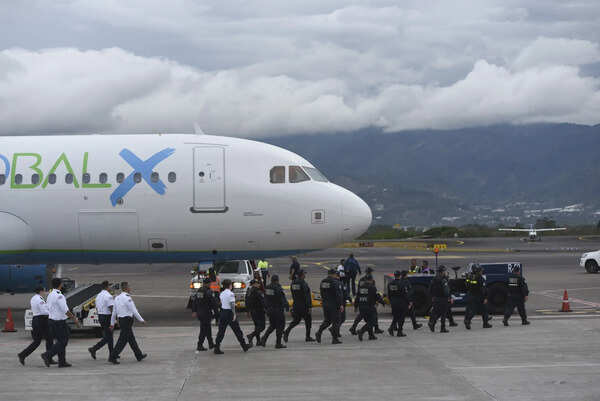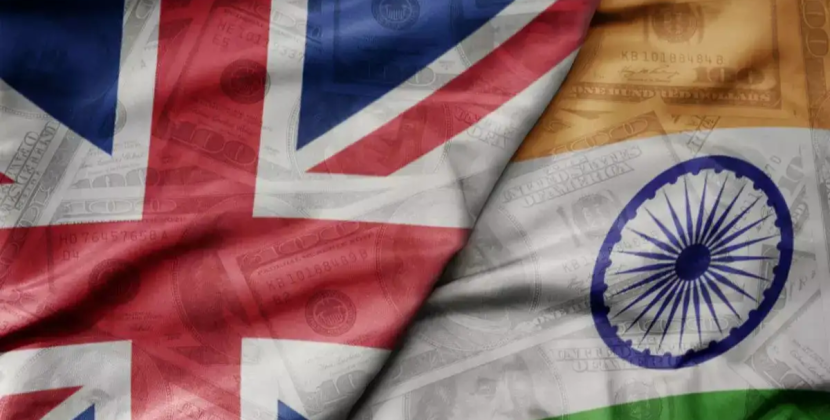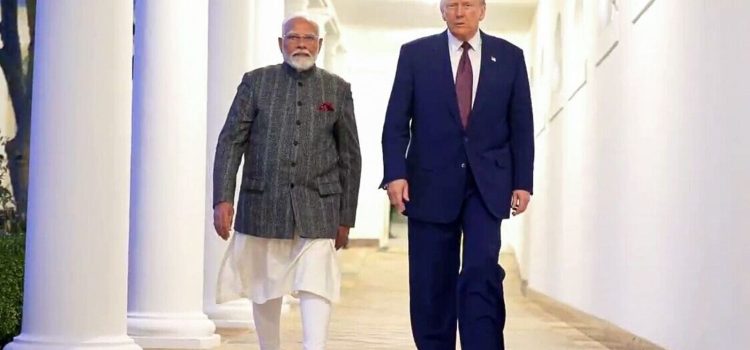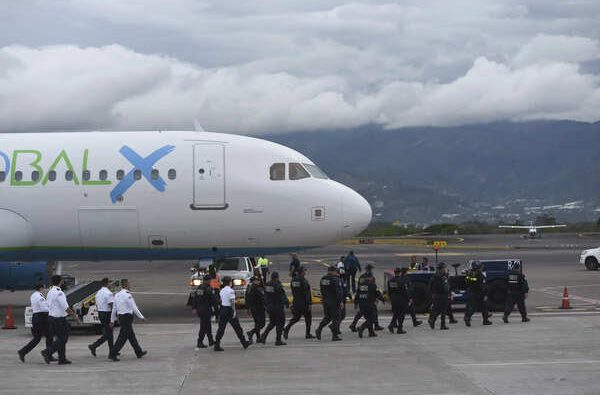
US-India Trade Deal: Amid ongoing trade talks with the Donald Trump administration, Indian officials are expecting to secure a deal with lower tariff rates than Indonesia, a report said on Thursday.
As per the Bloomberg report quoting an unnamed officer in New Delhi, India is seeking a more favourable tariff rate than Indonesia and Vietnam as it races to meet the August 1 deadline, following which it may have to pay the US a 26 per cent tariff on its exports to Washington.
Donald Trump on Tuesday said he will impose a 19 per cent tariff on Indonesia, and will be able to ship American goods to the country tariff-free. This was down from the initial 32 per cent that was announced in April. For Vietnam, the tariff came down to 20 per cent.
The US and India are working toward a deal that would reduce proposed tariffs to below 20 per cent, Bloomberg had earlier reported. A team of negotiators are present in Washington to discuss tariff rates.
New Delhi is hoping for a tariff that would give it a competitive advantage against its peers in the region, the report said quoting officials.
India is confident that its trade deal with the US will be better than that of Indonesia and Vietnam, as America doesn’t view it as a transshipment hub like other southeast Asian countries. The negotiations so far suggest India’s tariff rate would be better than those countries, one of the officials told Bloomberg.
Trump teases US-India trade deal
US President Donald Trump on Wednesday hinted at reaching a new trade deal with India soon. While adding “maybe”, he said that currently the US is in negotiations with India.
“We have another one (deal) coming up, maybe with India… We’re in negotiation,” Trump said.
“We have some pretty good deals to announce… We’re very close to a deal with India where they open it up,” he added.
This came a day after the US President said his administration is working on a deal that gives it access to the Indian markets.
“We’re going to have access into India. And you have to understand, we had no access into any of these countries. Our people couldn’t go in. And now we’re getting access because of what we’re doing with the tariffs.”











